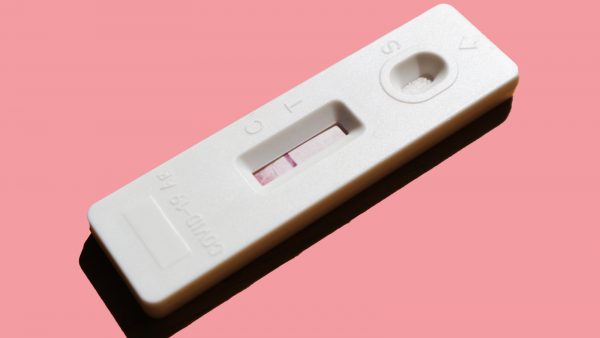In Cuba, people took to the streets in dozens of cities on Sunday evening; now mainly police can be seen on the streets of the communist country. It was the biggest anti-government protests in decades. The demonstrators blamed the regime for the economic crisis and poverty in Cuba.
Much is unclear about the current situation. “There is no more communication in Cuba,” says Edwin Koopman, journalist and author of the book The Ripples of Havana. “Many communication channels are down and we just don’t know what exactly is happening there.”
“The police and military are arresting people on a large scale. Well-known critics of the regime, who are active on social media, have now been arrested. We don’t know how many there are, but there must be hundreds.”
The pressure on the protesters seems to be working. According to Koopman, the demonstrations had arisen spontaneously and there was no leader with a clear goal.
‘Difficult to interpret’
“In that respect, such a regime has it easy,” he says of Miguel Díaz-Canel’s government. “You make sure they don’t communicate, you shut down the internet and you have people arrested and then people become anxious.”
Koopman therefore thinks it will be less restless in the coming days, but he emphasizes that it is difficult to interpret the developments. “In the countryside, for example, you can film what you want, but if there is no internet, you can’t share it either. You can only follow the situation through witness reports.”
–


